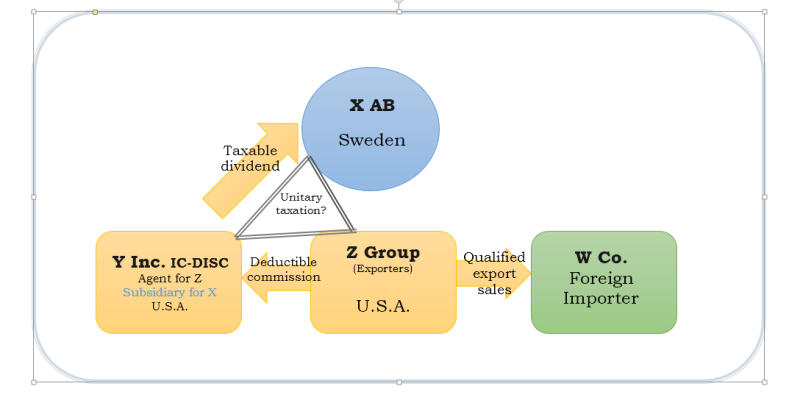The BEPS Proposals on Intangibles: The Guidelines in Breach of the Convention
As from the first BEPS proposals with respect to intangibles, it has been considered that the Arm’s Length Standard (“ALS”) is “slowly but surely being relegated to the back seat” of the OECD Guidelines.[1. R. Robillard, BEPS: Is the OECD Now at the Gates of Global Formulary Apportionment?, 43 Intertax 447, at 447.] Indeed, some…

